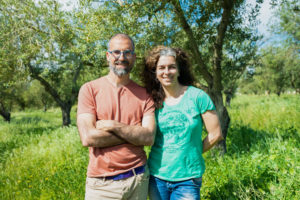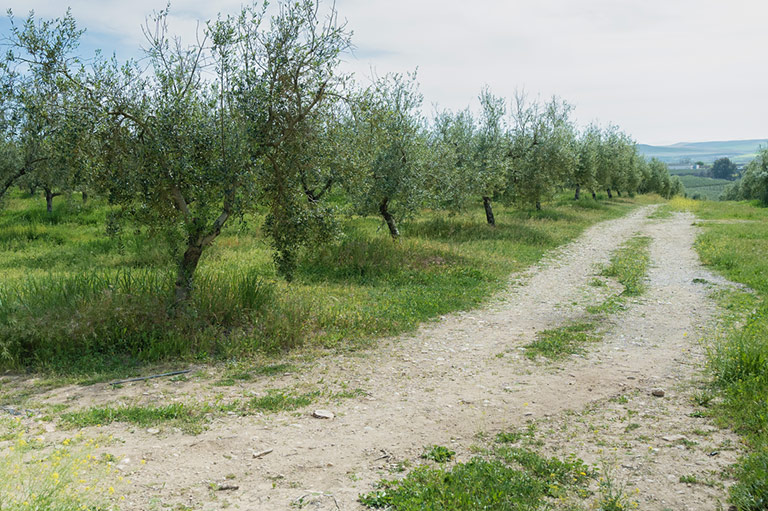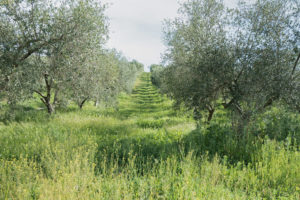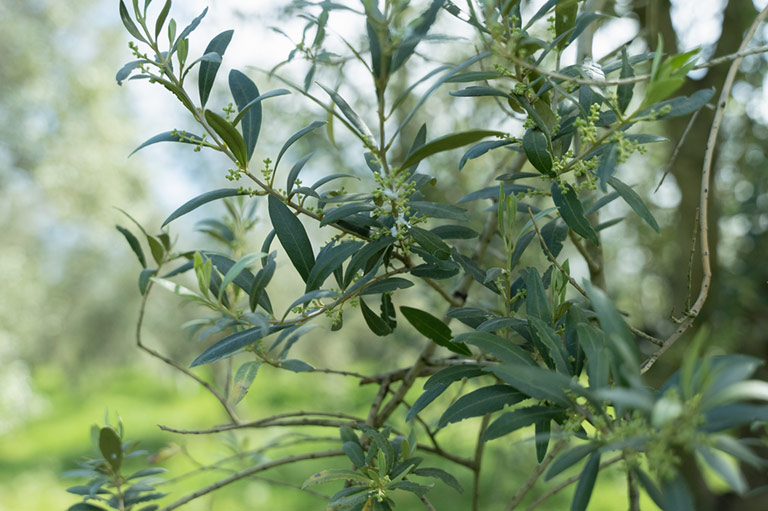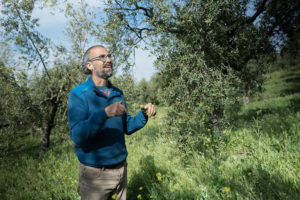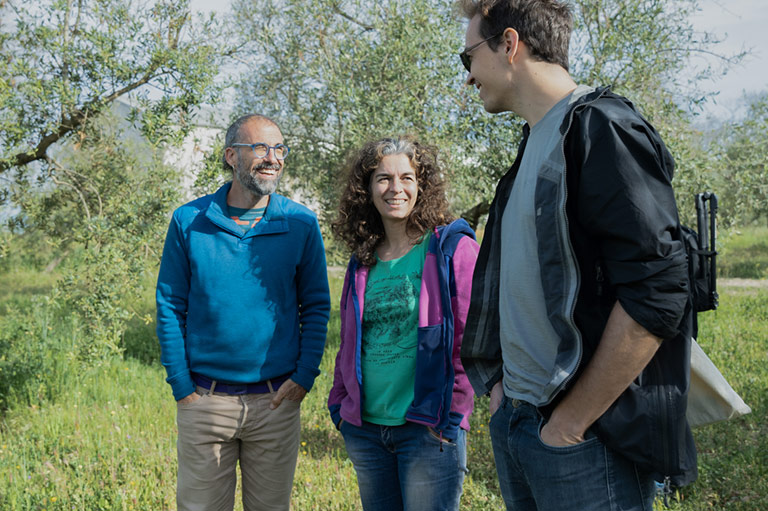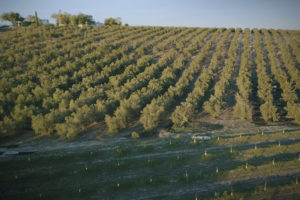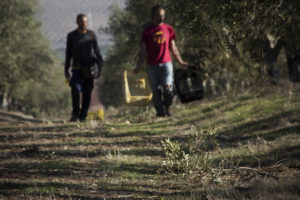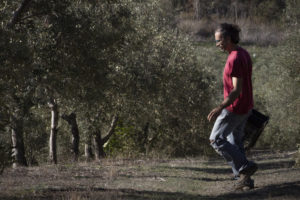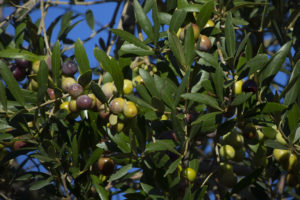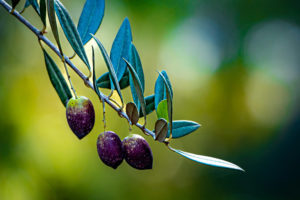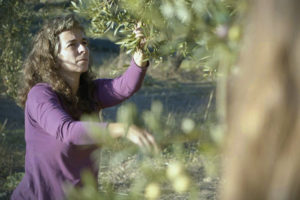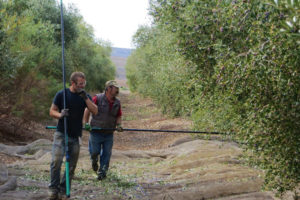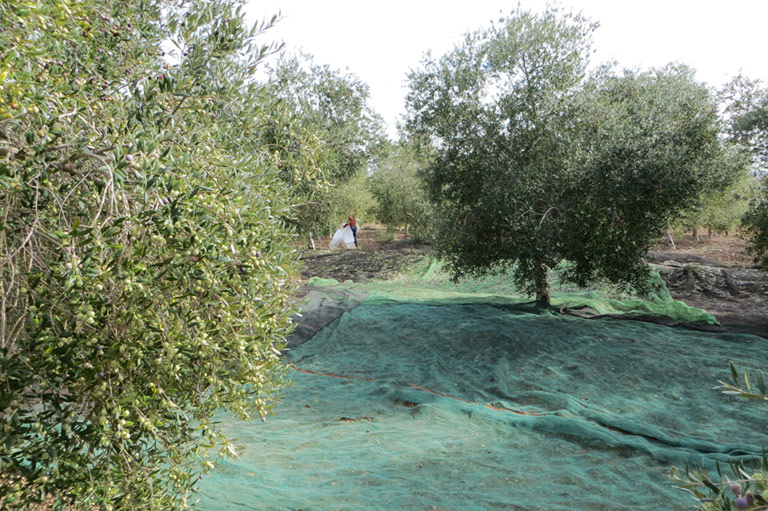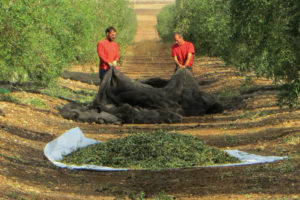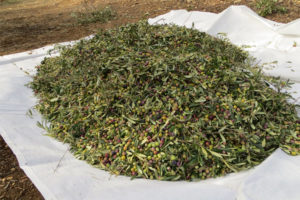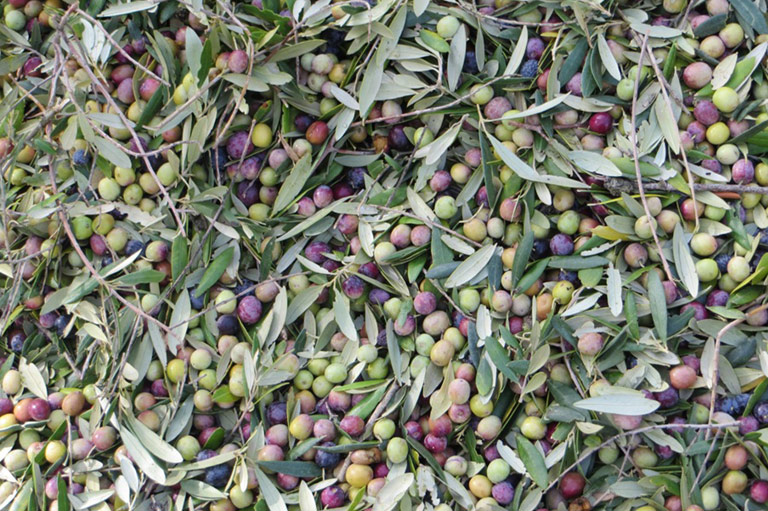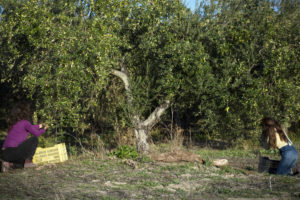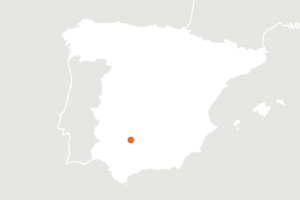Table olives are closely linked to our way of life in Andalusia, they are part of our food culture and tradition. For centuries, they have been cultivated and harvested to spend the winter in water and salt and to be consumed after the cold season. Grandmothers teach their grandsons and granddaughters, who to this day keep the heritage alive by tending the olive trees of their ancestors.
- in water and salt and to be consumed after the cold season
- in water and salt and to be consumed after the cold season
- in water and salt and to be consumed after the cold season
- in water and salt and to be consumed after the cold season
- in water and salt and to be consumed after the cold season
- in water and salt and to be consumed after the cold season
- in water and salt and to be consumed after the cold season
Traditionally, olives symbolise a form of sharing. They are harvested by several people, seasoned and finally eaten as a group. They are the perfect aperitif to satisfy the appetite while cooking at a family gathering or talking about the future over a glass of wine.
Nowadays, however, most olives no longer taste like olives. They are full of additives such as flavourings and preservatives that keep them for years before they are consumed. Look closely at the labels!
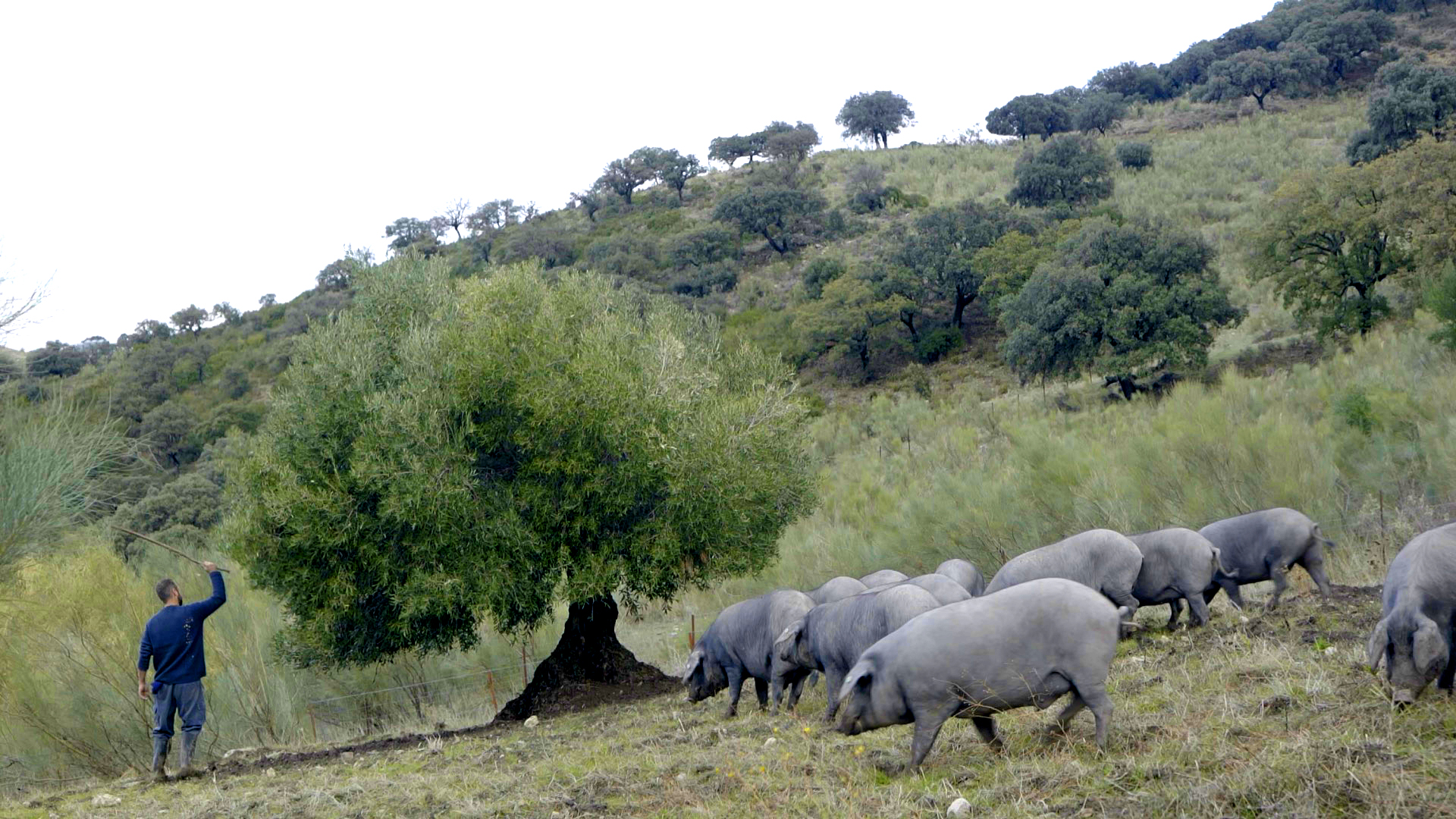
At Tierra y Libertad, however, we make them like in the old days. We only use water and salt and wait up to a whole year for them to ferment and lose their bitter taste. Once desalted, they can be flavoured (seasoned) in the traditional way with the herbs and condiments that are available all year round in Andalusia: garlic, thyme, rosemary, paprika, vinegar and much more.
We do not only want to preserve this ancient food craft for nostalgic reasons. Our producers are passionate about organic and sustainable farming – what good are our organic products if they have lost all their valuable nutrients at the end of the production process?
And why produce table olives? And why produce table olives? And why produce table olives?
And why produce we make them like in the old daystable olives? And why produce table olives? And why produce table olives?
And why produce table olives? And why produce table we make them like in the old daysolives? And why produce table olives?
And why produce table olives? And why produce table olives? And why produce table olives?
And why produce table olives? And why produce table olives? And why produce we make them like in the old daystable olives?

At Tierra y Libertad, however, we make them like in the old days. We only use water and salt and wait up to a whole year for them to ferment and lose their bitter taste. Once desalted, they can be flavoured (seasoned) in the traditional way with the herbs and condiments that are available all year round in Andalusia: garlic, thyme, rosemary, paprika, vinegar and much more.
We do not only want to preserve this ancient food craft for nostalgic reasons. Our producers are passionate about organic and sustainable farming – what good are our organic products if they have lost all their valuable nutrients at the end of the production process?

And why produce table olives?
At Tierra y Libertad, however, we make them like in the old days. We only use water and salt and wait up to a whole year for them to ferment and lose their bitter taste. Once desalted, they can be flavoured (seasoned) in the traditional way with the herbs and condiments that are available all year round in Andalusia: garlic, thyme, rosemary, paprika, vinegar and much more.
We do not only want to preserve this ancient food craft for nostalgic reasons. Our producers are passionate about organic and sustainable farming – what good are our organic products if they have lost all their valuable nutrients at the end of the production process?
We do not only want to preserve this ancient food craft for nostalgic reasons. Our producers are passionate about organic and sustainable farming – what good are our organic products if they have lost all their valuable nutrients at the end of the production process?
